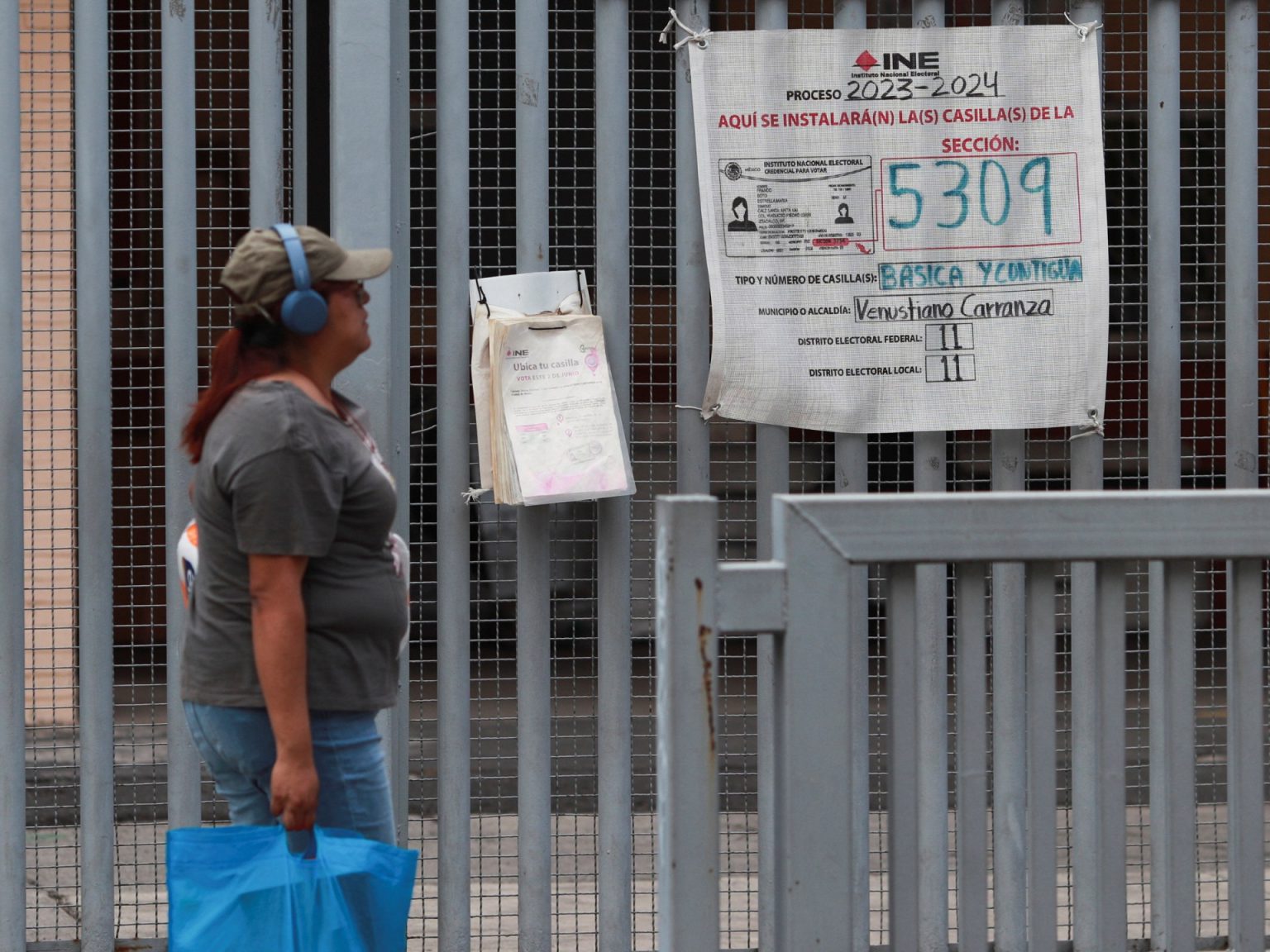The national elections in Mexico feature Claudia Sheinbaum as the front-runner, poised to become the country’s first female president. She has consistently held a significant lead in the polls over her closest competitor, Xochitl Galvez, representing an opposition coalition. Long lines formed outside voting centers on election day, indicating high voter turnout. Despite this historic moment, the elections have been marred by violence, with 38 candidates killed during the campaign, the highest number in Mexico’s modern history. Concerns about the influence of drug cartels on Mexican democracy have been raised as a result of this violence.
Whoever emerges victorious in the election will face numerous challenges, including handling the ongoing issue of organized crime violence, which has contributed to a high number of deaths since President Andres Manuel Lopez Obrador took office. Other pressing problems include electricity and water shortages, as well as the need to attract manufacturers as part of the nearshoring trend. Both candidates have pledged to expand welfare programs, but this may be difficult given the country’s large deficit and slow GDP growth projected by the central bank. The new president will also need to navigate negotiations with the United States regarding immigration and security cooperation, with potential complications if Donald Trump wins re-election.
The upcoming presidency in Mexico will be significant not only for the country but also for its impact on the role of women in politics. The election of a female president would mark a major milestone in a country known for its macho culture. The new leader will inherit a nation grappling with various economic and security challenges, requiring strong leadership to address these issues effectively. The high voter turnout on election day signals a strong desire for change and improvement among the Mexican populace, highlighting the importance of this pivotal moment in the nation’s history.
The prevalence of violence and criminal activity during the electoral process underscores the deep-rooted issues facing Mexico, particularly at the local level. The alarming number of candidates killed highlights the complex dynamics at play in Mexican politics, where criminal and political actors are often intertwined in violent confrontations. Addressing these challenges will require a multi-faceted approach that addresses both the criminal governance and political corruption that undermine the country’s democratic processes. By acknowledging and tackling these issues head-on, Mexico can work towards a more stable and secure future for its citizens.
As Mexico prepares for a new president to take office, the focus is on how the country will navigate the numerous challenges it faces, from economic concerns to security threats. The incoming leader will need to prioritize policies that promote social welfare and economic growth while also addressing the underlying issues that contribute to violence and instability. By working towards a more inclusive and sustainable future, Mexico can build on the momentum of this historic election and strive towards a more prosperous and peaceful future for all its citizens.


